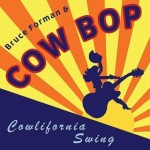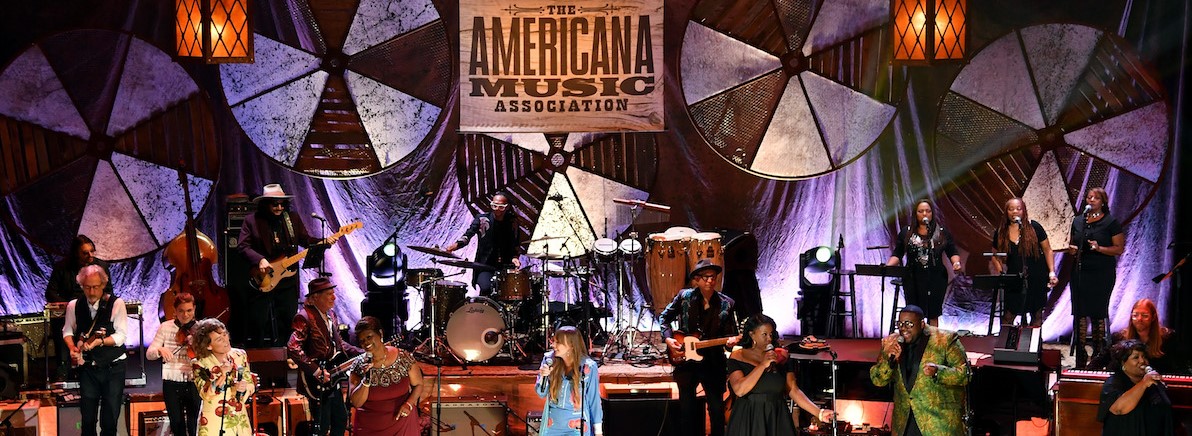 By Joe Ross
By Joe Ross
The Cowbopsters are back with their fourth album called Cowlifornia Swing, and there are plenty of both western and jazz influences apparent. Much like their last album (“Too Hick for the Room”) we hear guitarist Bruce Forman, vocalist Pinto Pammy (Forman’s wife), bassist Alex King and drummer Jake Reed. The quintet has also added David Wise on saxophone and cornet. On several cuts, guests fill out the new album with tints of piano, fiddle, trombone, cello, mandolin and accordion. All are hot tunesters with solid credentials. Bruce Forman teaches jazz guitar at USC’s Thornton School of Music, and others in the band are (or were) students there. Like their last successful album, Thornton alumnus Doug Gerry produced, and faculty member Andrew Garver mastered.
“Spade” Cooley coined the term “Western Swing” in the early 1940s, and it’s interesting that “Spade” was a Los Angeles resident like the members of Cow Bop. He had fortune and fame, but was imprisoned in 1961 for murder. Despite the thousands of bands playing all over the West during the heyday of Western Swing, the genre is most closely associated with Bob Wills and his Texas Playboys. Cow Bop pays tribute to them with a boss arrangement of “Roly Poly” that wisely includes Phil Salazar’s fiddle, the only cut with that classic western swing instrument, albeit played electric on this song.
Cow Bop’s approach to bovine boogie also taps jazz standards (“I’ve Found a New Baby”), pop fare (“These Boots are Made for Walking,” “Mambo Italiano”), country (“Cattle Call”), western (“Wahoo”), and some less oft-heard big band tunes (“A Gal in Calico”). The jazz chops predominate in these uplifting tunes and make for an enjoyable listen. We also hear Pinto Pammy’s countrified sounds, like yodeling in “Cattle Call” and call-and-response (with David Jackson) in the novelty number “Wahoo.” She’s also comfortably smooth with a swinging version of “Indian Love Call,” quite unlike the rendition done by Nelson Eddy and Jeanette MacDonald. Six-minute offerings like “What is this Thing called Love?” and “These Boots are Made for Walking” allow multiple instrumentalists to showcase with improvisation between verses. The arrangements are solid, but I wonder if they write any originals.
While some of Cow Bop’s influences are clearly organic and corn-fed, Cow Bop’s jazzy twang also provides a copious amount of toe-tapping fun. There may not be many big roadhouses and dancehalls left today, but you can catch this band at fairs, festivals, cafes, rodeos, burger joints and places like the Viva Cantina in Burbank. I haven’t ever been there, but I imagine it as a place where young folks, old-timers, friends and neighbors all know each other and gather for listening or dancing the night away. Hailing from busy and heavily populated Southern California, Cow Bop’s music conveys a rural ethos, but also demonstrates an urban, contemporary understanding. Cowlifornia Swing is music for dancing so roll up the rug, throw some cornmeal on the floor, invite the neighbors over and throw a party to their music.
Follow Sun209: Americana Music News on Twitter at @Sun209com.
